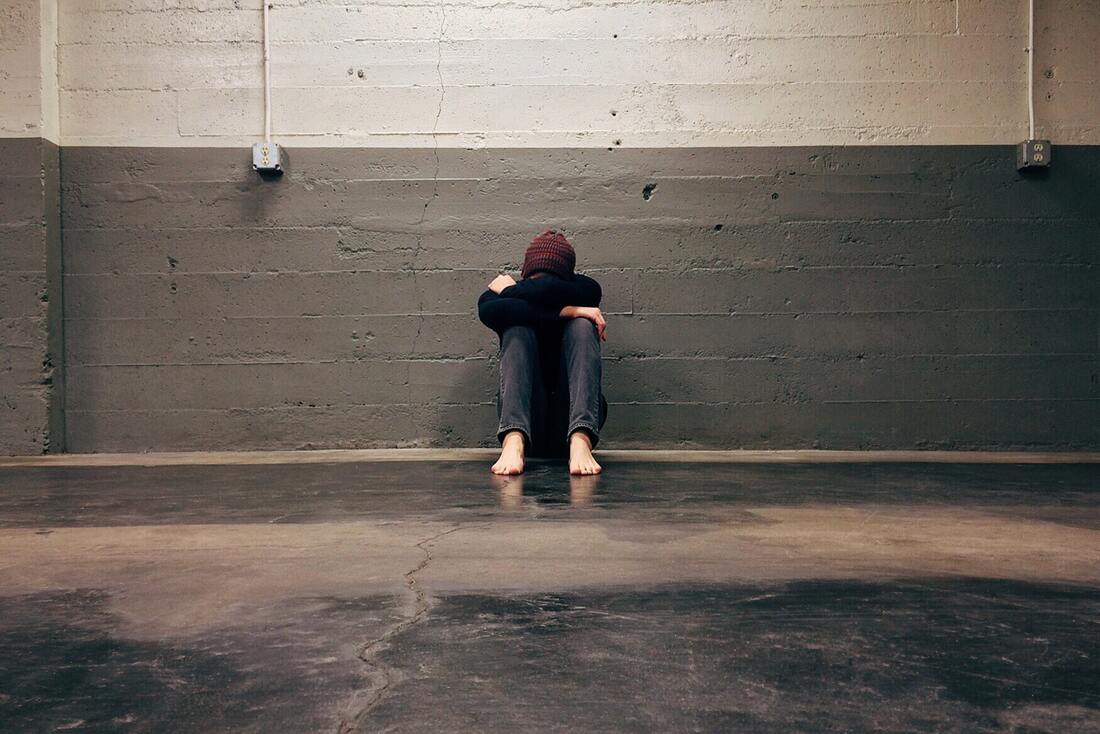|
Do you remember the last time you left a room with people in it? The answer for most people is probably, no. However, for those suffering from social anxiety disorder(not to be confused with Generalised Anxiety Disorder), a moment as mundane as this causes anxiety and overthinking. They could be thinking anything from: “If I get up now, I’ll get to the door at the same time as that person. I might bump into them and be awkward and blush. That would be embarrassing.” “I need to leave but if I get up before everyone else, they will all stare at me and I’ll freeze or do something silly.” This is an example of SAD on a small scale, but what could be the repercussions of thoughts and feelings like this on a larger scale? For one it could affect work life as meetings would be a nightmare for a person with SAD, so they’d prefer to avoid it altogether. This, of course, would cause many disruptions in important areas of not only their own lives but also of those around them. If it gets to this point, after 6 months there would be a formal diagnosis of Social Phobia or Generalised Social Phobia, if it involves more than one specific social anxiety. Some examples of specific social phobias are: • Fear of blushing in public • Fear of choking or spilling food in public • Fear of being watched at work • Fear of public toilets • Fear of crowds • Fear of taking exams SAD could be an issue for up to 14% of adults at some point in their lives. The most common social phobia is public speaking/performing. A condition Barbra Streisand had the unfortunate luck of experiencing first hand. Streisand forgot the words to her song while performing and a large concert. Due to this negative experience, Streisand refused to perform in public again for the next 30 years. Fortunately, studies have shown that up to 50% of people with SAD experience a huge amount of improvement within 2-3 years. However, for the other 50%, the condition could go on longer without the right treatment. The former group's improvement could be due to relieved stress levels at school, work or in personal life. Although some of these situations may be out of our control, with treatment, SAD could be relieved and at best expelled, creating a new beginning filled with far more opportunities.
1 Comment
|
AuthorAdam Cox is the founder of Phobia Guru, Hypnoslimming and Addiction Experts. Based in Harley Street. Archives
March 2019
Categories |
The UK's Leading Expert in Eliminating Phobias, Fears & Anxieties
- Home
-
Phobias
- Animal Phobias >
-
Medical Phobias
>
- Fear Of Blood: Hemophobia
- Fear Of Cancer: Carcinophobia
- Fear Of Death: Thanatophobia
- Fear Of Dentist: Dentophobi
- Fear Of Doctors: Latrophobia
- Fear Of Germs: Mysophobia
- Fear Of Fungus or Mould: Mycophobia
- Fear Of Hospitals: Nosocomephobia
- Fear Of Needles: Trypanophobia
- Fear Of Pain: Agliophobia
- Fear Of Vomiting: Emetophobia
-
Situational Phobias
>
- Fear Of Clowns: Coulrophobia >
- Fear Of Crowded Spaces: Agoraphobia
- Fear Of The Dark: Nyctophobia
- Fear Of Flying: Aerophobia
- Fear Of Heights
- Fear Of Holes: TRYPOPHOBIA
- Fear of Friday the 13th: Paraskevidekatriaphobia
- The Fear of Buttons: Koumpounophobia
- Fear Of Lightning & Thunder: Astraphobia
- Fear Of Loud Noises: Ligyrophobia
- The Fear of Toilets
- Fear Of Men: Androphobia
- Fear Of Public Speaking: Glossophobia
- Fear Of Small Spaces
- Fear Of Water: Aquaphobia
- Fear Of Women: Gynophobia:
- The Fear of Being Pregnant: Tokophobia
- Abstract Phobias >
- Workshops >
- Phobia Cure
- Testimonials
- Press
- Contact
- Blog
- Home
-
Phobias
- Animal Phobias >
-
Medical Phobias
>
- Fear Of Blood: Hemophobia
- Fear Of Cancer: Carcinophobia
- Fear Of Death: Thanatophobia
- Fear Of Dentist: Dentophobi
- Fear Of Doctors: Latrophobia
- Fear Of Germs: Mysophobia
- Fear Of Fungus or Mould: Mycophobia
- Fear Of Hospitals: Nosocomephobia
- Fear Of Needles: Trypanophobia
- Fear Of Pain: Agliophobia
- Fear Of Vomiting: Emetophobia
-
Situational Phobias
>
- Fear Of Clowns: Coulrophobia >
- Fear Of Crowded Spaces: Agoraphobia
- Fear Of The Dark: Nyctophobia
- Fear Of Flying: Aerophobia
- Fear Of Heights
- Fear Of Holes: TRYPOPHOBIA
- Fear of Friday the 13th: Paraskevidekatriaphobia
- The Fear of Buttons: Koumpounophobia
- Fear Of Lightning & Thunder: Astraphobia
- Fear Of Loud Noises: Ligyrophobia
- The Fear of Toilets
- Fear Of Men: Androphobia
- Fear Of Public Speaking: Glossophobia
- Fear Of Small Spaces
- Fear Of Water: Aquaphobia
- Fear Of Women: Gynophobia:
- The Fear of Being Pregnant: Tokophobia
- Abstract Phobias >
- Workshops >
- Phobia Cure
- Testimonials
- Press
- Contact
- Blog


 RSS Feed
RSS Feed